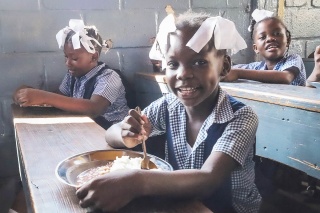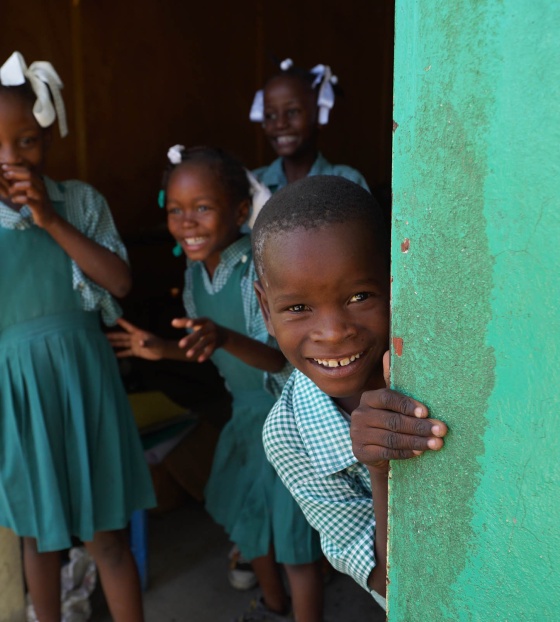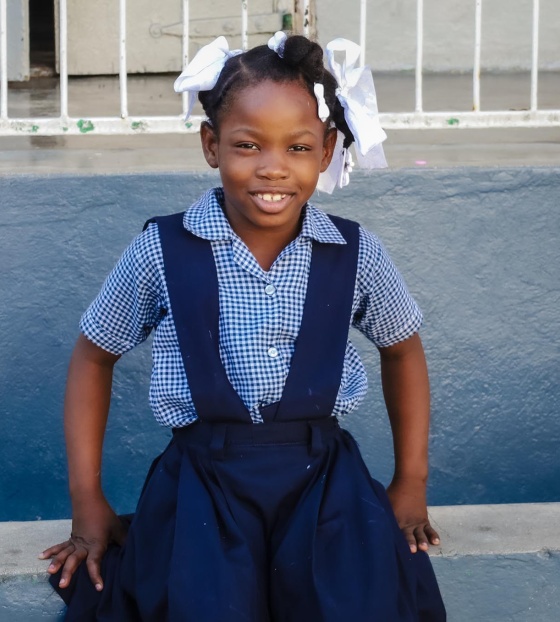
Mary's Meals in Haiti
We want to share some important news about how our school feeding programme is adapting in Haiti – a country facing significant challenges due to escalating gang violence.
Haiti has one of the highest levels of food insecurity in the world, with over half of the population in need of immediate food assistance. In response, Mary’s Meals started working there in 2006, and we are now feeding more than 180,000 children in over 580 places of education.
However, the recent intensification of gang violence has resulted in a significant increase in the costs and risks of transporting food from Haiti’s capital, Port-au-Prince, to our local partner, Summits Education, in the Central Plateau.
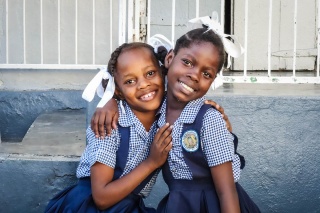
How do we overcome the challenges in Haiti?
For Mary’s Meals, this challenge leaves us with an important question:
How do we keep our promise to the children we serve?
The answer: by empowering local farmers through innovation.
What is our goal?
To ensure consistent school feeding for 67,000 children in the Central Plateau region amid rising costs.
How are we doing it?
By replacing imported beans with locally grown beans. We are working with local producers, farmers and agricultural associations to produce beans in the regions closest to schools where we serve Mary's Meals.
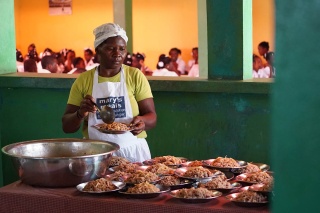
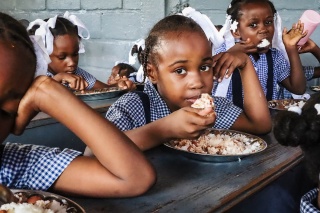
Why is this approach so important?
It strengthens
Less reliance on imported food strengthens our school feeding programme.
It supports
Local farmers can rely on regular work, which benefits the local community and economy.
It’s sustainable
Our transport costs and carbon footprint are both reduced, benefiting the environment.
How can you help our work in Haiti?
At Mary’s Meals we understand the need for a different, more adaptive approach in Haiti. By supporting our Haiti programme, you can help us continue to work there dynamically – enabling us to keep our promise to the 67,000 children in the Central Plateau who eat our school meals and strengthen regional food systems to support the local economy.
